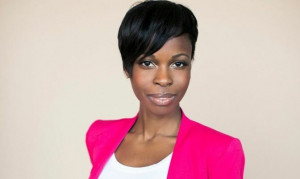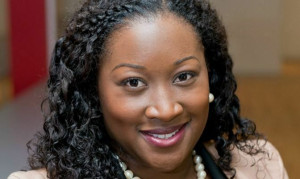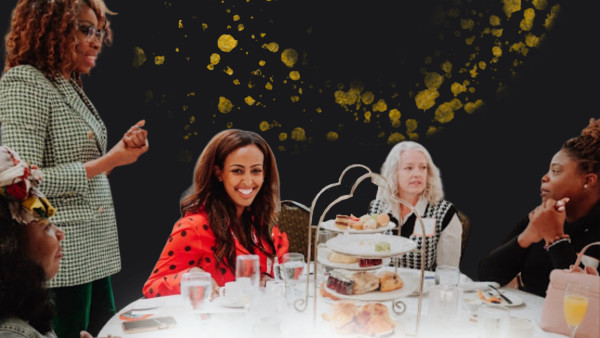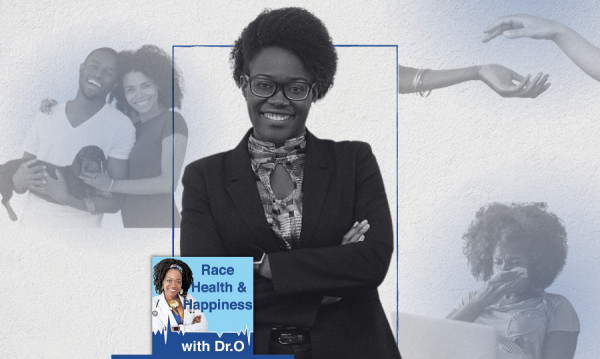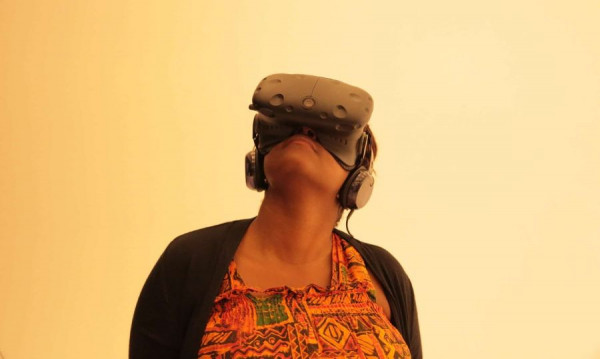Blake-Miller's battle with low self-esteem began when she was a little girl growing up in Ottawa, as the only Black child in her class. “I always felt like I stood out and not in a positive way,” she said. “There were a lot of tears and moments where I felt like I just wasn’t happy with who I was. I didn’t feel I was a very special person. I never felt like I measured up and that was the source of low self-esteem for me,” she said. She felt that everyone was better than she was. “That belief truly trickles down to everything,” she said. As a result, Blake-Miller suffered in her academics and was a trouble maker in class. “I never pursued half of the things I pursue now because I just didn’t believe in myself,” she said.
Another contributing factor for her lack of self-worth was childhood sexual abuse. “I think that also impacted the way I saw myself,” she said. “You constantly see yourself in an overly sexualized way. You are not able to be comfortable, assuming that people are continually seeing you sexually when they might not be,” she said. “But you do that because that’s how someone treated you.”
Blake Miller says sexual abuse affects how one views others, in particular, men. Her attraction to men, specifically to Black men was affected. As a therapist, Blake-Miller has noticed it’s a topic many in the Black community shy away from. “It’s a huge problem,” she says. “People in the Black community don’t talk about it.”
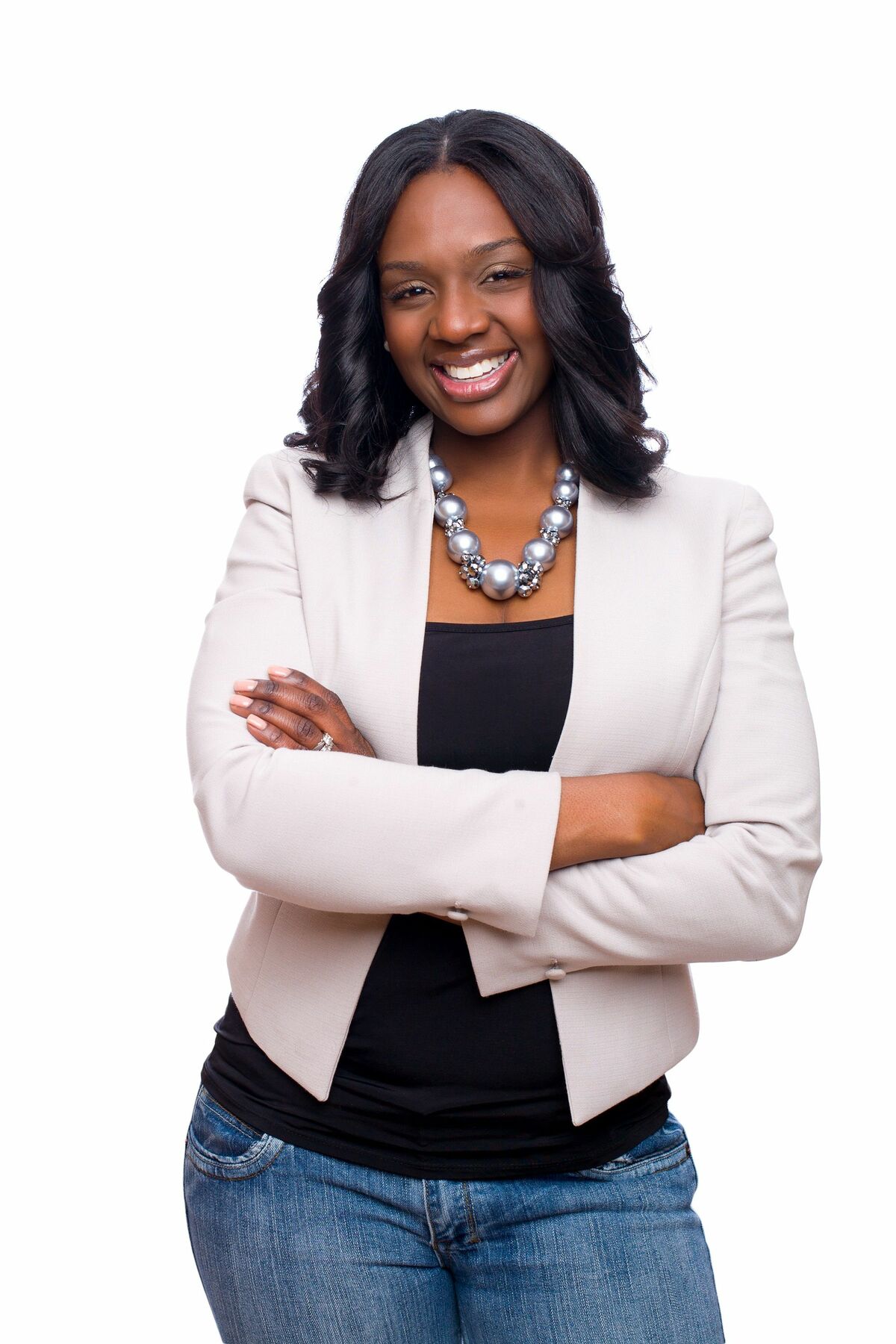 Blake-Miller advises survivors of sexual abuse to have a support system available. She says sometimes you feel as though it hasn’t affected you because you are able to be in a loving relationship and feel you are doing okay however it is something that has lasting impacts on a life. “I am constantly telling people to check in with themselves,” she said. “If it is something that is constantly coming up for you and you are having a difficult time, then you need to be honest with yourself and get support. We all need support.”
Blake-Miller advises survivors of sexual abuse to have a support system available. She says sometimes you feel as though it hasn’t affected you because you are able to be in a loving relationship and feel you are doing okay however it is something that has lasting impacts on a life. “I am constantly telling people to check in with themselves,” she said. “If it is something that is constantly coming up for you and you are having a difficult time, then you need to be honest with yourself and get support. We all need support.”
Blake-Miller points out four lies that women believe.
1) I am not beautiful.
2) I am not loved completely.
3) Even if I give my all, it’s never good enough.
4) I need to be the best.
Blake-Miller gives four truths in order to counteract the four lies.
1) I am made in the image of God, so I am beautiful
2) I am loveable and I will draw those to me that love me. God completes me.
3) I am happy and proud of myself for giving my best.
4) I will not participate in competition. I will be satisfied with myself.
Blake-Miller warns against an element of what our culture tries to make women believe. “The false sense of being at the top and needing to be the best all the time is just a set up because nobody can ever be the best,” she said. Blake-Miller doesn’t remember the exact moment she began overcoming her feelings of low self-esteem but she credits it to several factors.
The first being a moment, where for the first time she truly saw herself. “I remember one day being in front of a mirror and I was blowing bubbles,” she said. “I remember looking at myself and actually thinking for the first time, hey, I think I look pretty.” She says she is sure her parents and people in her life said it before but she really didn’t hear it.
The second moment was a change of environment from her previous school to another school which was all it took to begin the process of healing. “Grade 6 was a huge turn around for me,” she said. “It was a new school, new friends and friendships that have lasted over 20 years.” She began to hear her peers say positive things about her. She started seeing herself differently. “I began to believe it,” she said.
The third moment was a move to Brampton at the age of 17 which was a pivotal moment in her life. She began to see a lot more Black students like herself. “I began to see my hair, different aspects about who I was and that I was actually beautiful,” she said. She began appreciating Black features.
The fourth which has had the most impact in her ability to overcome her low self-esteem issues, is her Christian faith. “Along the way I developed a strong connection with God,” she said. “As that relationship developed I started to care more about what he thought of me as opposed to what others thought.” Blake-Miller says that if she could go back in time to the little girl crying in the bathroom, she would let that little girl know that she is okay just the way she is. “That was the missing message for me,” she said.
Blake-Miller works alongside charitable organizations, medical facilities, educational institutions, social service agencies and local churches helping individuals and families. She holds workshops addressing a variety of issues.
“I am very intentional about challenging the unhealthy ways people think about themselves,” she said. Blake-Miller is constantly wanting to dialogue about how one feels about themselves and how they view themselves. “I believe in the power of good questions,” she said.
It is one thing for her to talk about her life and her story, Blake-Miller says. It becomes a whole new concept when she begins to ask questions that cause a person to be challenged. She admits that too many times, herself included, we allow ourselves to be held back from our real potential. “How we see ourselves is a huge part of the stickiness,” she said. “So I am really very passionate about helping people see all of the things they have inside of them.” She admits that we don’t like to talk about the negative views we have of ourselves but we can’t get to that next level if we won’t go into that dialogue. “We are all struggling,” she said. “Everybody is struggling at some level.”
Blake-Miller has written her first book entitled The Life Map, and she’s put a lot of what she’s been doing over the years at her counselling sessions into it. The book launches on October 24th.
“It is a book that helps you write a blueprint for where you are wanting your life to go,” she said.
For more information visit: colleenblakemiller.com
Image of Collen Blake-Miller provided by Martin Brown
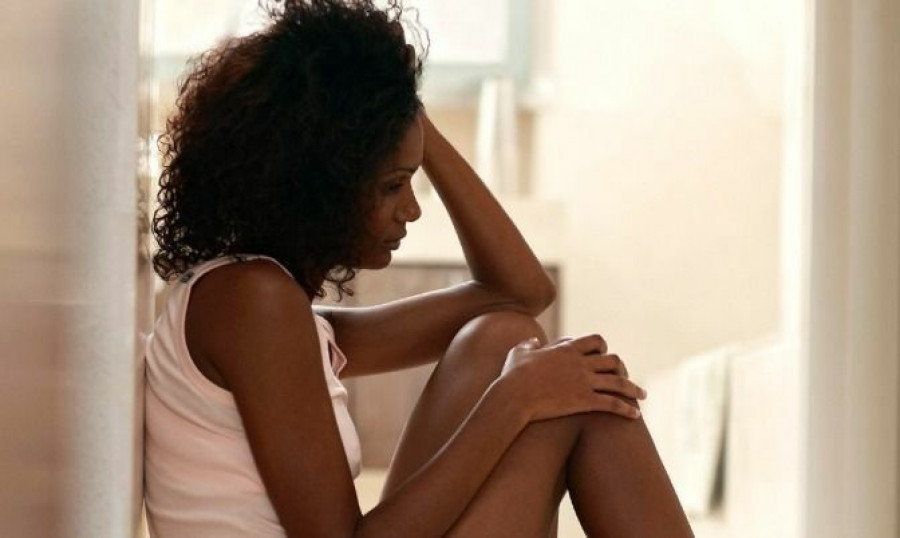
 By
By 




